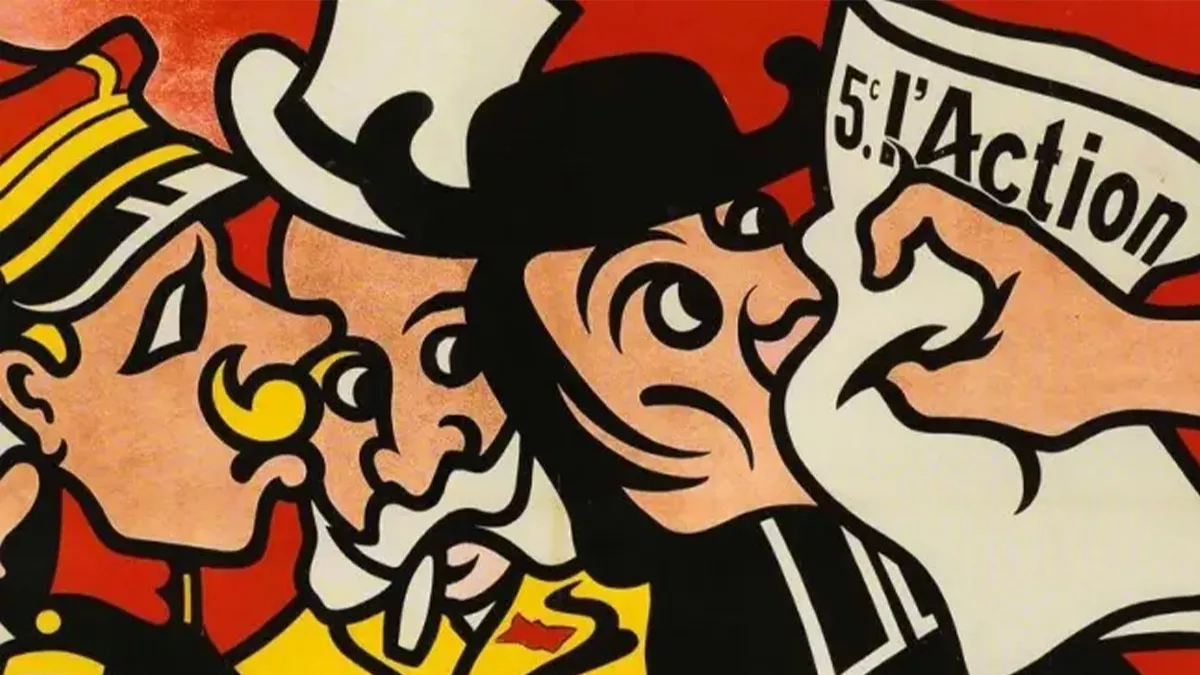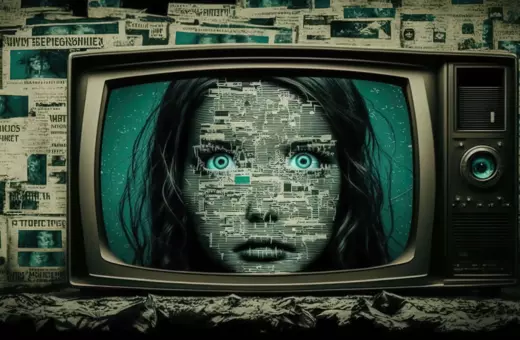We’re wired to notice bad news over good. We assume this bias towards the negative must be realistic and helpful: if we know about problems, we’re more likely to act on them. Denise Baden argues that these assumptions are untrue and bad news can be harmful, making us unhappy, antisocial and less likely to take positive action. Good news doesn’t have to be propaganda or fluff – we should rebalance our news environment for a more accurate picture that’s better for us and society.
The negativity in the news and journalism is well-documented – if it bleeds it leads. We are presented hourly with the world’s atrocities and reports of political upheaval, war, terror, environmental degradation, climate change and epidemics, and it is easy to feel disheartened and disengaged. This has an impact on our individual mental health as well as our political beliefs and motivations, helping fuel public intuitions that the world is getting worse. Our shared doomscrolling habit is well-established, with studies showing that we’re more likely to click on negative stories. However, my own research of nearly 300 respondents found an overwhelming preference for more positive news. If it’s not what we want and it’s doing us harm, why are we fed a diet of bad news?
Negativity bias, in which we regard negative information as more important than positive information, is a feature of human cognition. My study interviewing news editors and journalists found that many associated ‘positive news’ as being fluffy and unserious, or propaganda. They also feared that it would lead to complacency: if bad things are happening, we need to report them so that we can do something. Yet my research also found that the assumption that awareness drives action was incorrect – framing news stories negatively led to a significantly lower likelihood of readers taking action.
___
The news industry is caught in a dilemma. On one hand, a free media is a pillar of western liberal democracy, holding power to account. On the other hand, it is also a business.
___
Respondents were exposed to positive and negative versions of similar but real news stories, for example graphic depictions of war, heartbreaking stories of destruction of coral reefs and plastic in oceans. Those in the positive condition read about solutions, such as peace talks and ocean clean-up projects. These solution-focused news stories gave rise to significantly higher motivation to take action, such as donating to charity, being more environmentally friendly, and proactively sharing opinions, than negative news stories. We also found that in the positive condition there was a significant and strong correlation between how positive respondents’ mood was and how motivated they were to take action. The more positive they felt, the more motivated they were to act. In the negative condition there was an inverse correlation – the more anxious, pessimistic or sad the stories made respondents feel, the less motivated they were to act. Not only did negative news make people feel worse – it also eroded their desire to create positive change.
SUGGESTED VIEWING Dangerous media for dangerous times With Matt Kelly, Alan Rusbridger
The news industry is caught in a dilemma. On one hand, a free media is a pillar of western liberal democracy, holding power to account. On the other hand, it is also a business. Unfortunately, these two drivers are in conflict, and the latter is winning. News is a business, and it competes for our attention in an increasingly crowded marketplace. If we’re more likely to click on negative stories, the clickbait will meet that demand.






















Join the conversation